What is hyaluronic acid and what benefits can it bring to your skin?
In the world of modern cosmetics there are some substances that have acquired a kind of magical status. One of them, undeniably, is hyaluronic acid. It is a common ingredient in a wide range of cosmetic products – from facial serums and creams to facial masks. But what kind of substance is that and why is it so valuable? Today we will answer this very question.
What is hyaluronic acid?
You might be surprised to learn that this common cosmetic ingredient is in fact an organic substance, naturally produced in our bodies. Hyaluronic acid is present in many parts of our bodies – in our joints, in the eyes and even in the cardiac valves, not only in the skin. It is a key structural element of our connective tissue and also plays an active role in cartilage formation. It is of crucial importance for maintaining healthy skin structure and hydration.
What makes hyaluronic acid so special is its ability to bind and retain enormous quantities of water – up to 1000 times its own weight! This very property makes it so effective for skin hydration – it works as a king of “molecular sponge”, attracting and retaining water in the deep skin layers. In the process of ageing, though, the quantity of hyaluronic acid naturally produced in the body starts to decrease. This is exactly one of the reasons why skin dehydration is a common condition of mature skin, leading to the formation of fine lines and then wrinkles, volume loss and reduced skin elasticity.

Effects of hyaluronic acid on the skin
The positive effects of hyaluronic acid on the skid are not limited to better hydration only. Here are some of the other major benefits it provides to our skin:
1.Deep hydration: When we apply hyaluronic acid on the skin, it forms a thin transparent film on the skin surface. This film not only retains moisture in the skin but it also attracts additional moisture from the air. As a result of that, the skin looks plumper, smoother and well-hydrated. As we already mentioned, hyaluronic acid is extremely effective in attracting and retaining water in the skin. This results in visibly better-hydrated, softer and radiant looking skin.
2.Reduction of fine lines and wrinkles:
The increase of water content in the skin, achieved by the effects of hyaluronic acid helps smooth out fine lines and reduce the visibility of wrinkles. In this way it “fills” the skin from within, giving it a plumper and more youthful look.
3.Improves skin elasticity:
The regular use of cosmetic products containing hyaluronic acid can make your skin up to 20% more flexible (Resource 1).
4.Soothing effect: A study, carried out in 2016 found out that some forms of hyaluronic acid have а clearly expressed anti-inflammatory effect on the skin (Resource 2). It means that this cosmetic ingredient can be beneficial for reducing skin redness, irritation and even for some medical conditions like eczema.
5.Antioxidant effects: Yet another valuable property of hyaluronic acid is its antioxidant capacity (Resource 2). It means that hyaluronic acid has the capacity to protect the skin from the harmful effects of free radicals.

Types of hyaluronic acid used in cosmetics
Hyaluronic acid is used both in cosmetic and in aesthetic procedures. Perhaps you have heard that it is the main substance present in the so-called fillers, which have recently become very poplar. It is important to no know that different types of hyaluronic acid are used for different applications. Low-molecular-weight hyaluronic acid can penetrate deeper in the skin, while higher molecular weight types remain closer to the surface and thus creating a protective film.
An excellent example of this is potassium hyaluronate. This form has a lower molecular weight, which means that when included in cosmetic formulas, it will be much easier to absorb. When we choose cosmetic products containing hyaluronic acid it is worth noticing what its concentration is and what the other ingredients are. Most often it will be found in face serums but also in face creams, masks or other skincare products.
Despite all the benefits hyaluronic acid can provide our skin with, it is not a magical solution to all skin problems. It works best in combination with other active ingredients like collagen, ectoin, retinol among others, depending on specific skin needs. For best effect, experts recommend applying hyaluronic acid formulas on slightly wet skin.
Hyaluronic Acid
Hyaluronic acid myths: Are they true?
There are a number of popular hyaluronic acid myths which need to be debunked.
Myth No 1: It should only be applied on dry skin. As we already mentioned, one of the main properties of hyaluronic acid is that it binds and retains water. That is why the proper way to apply it is on slightly wet skin – for example after washing the face or in combination with facial mist or floral water.
Myth No 2: It is a king of exfoliant. Despite containing the word “acid” in its name, this substance is not an exfoliating agent.
Myth No 3: Hyaluronic acid is only useful for people who have dry skin.
This is an absolute misunderstanding. In fact, one of the symptoms of dehydrated skin can be the excessive production of sebum. That is why, regardless of whether your skin is dry or oily, a cosmetic product containing hyaluronic acid cannot be a wrong choice.
Are there any side effects?
Hyaluronic acid is generally considered to be safe for most people but despite that, there is a certain risk of developing allergic reactions or skin irritation in people with sensitive skin. Thus, it is important to do a skin tolerance test before including hyaluronic acid products in your skincare routine. In case you notice the appearance of redness, itching or other symptoms, stop using the product immediately and consult a dermatologist.
In conclusion, hyaluronic acid is a powerful ally in skincare, especially when it comes to hydration and delaying signs of ageing. Its capability of attracting and retaining water, combined with the beneficial effects it has on improving skin texture and elasticity make it a valuable ingredient in numerous cosmetic products. Regardless of whether you have dry, combination or oily skin, a carefully selected cosmetic product containing hyaluronic acid can be the key to healthier, more radiant and youthful skin. Just as it refers to all other cosmetic ingredients, it is vital to regard proper use recommendations and to consider the specific needs of your skin.
Resources:
1. Pavicic, T., Gauglitz, G.G., Lersch, P., Schwach-Abdellaoui, K., Malle, B., Korting, H.C. and Farwick, M. (2011). Efficacy of cream-based novel formulations of hyaluronic acid of different molecular weights in anti-wrinkle treatment. Journal of drugs in dermatology: JDD, [online] 10(9), pp.990–1000. Available at: https://pubmed.ncbi.nlm.nih.gov/22052267/.
2. Litwiniuk, M., Krejner-Bienias, A., Speyrer, M., Gauto, A., Grzela, T. (2016). Hyaluronic Acid in Inflammation and Tissue Regeneration. Wounds: a compendium of clinical research and practice. 28. 78-88.




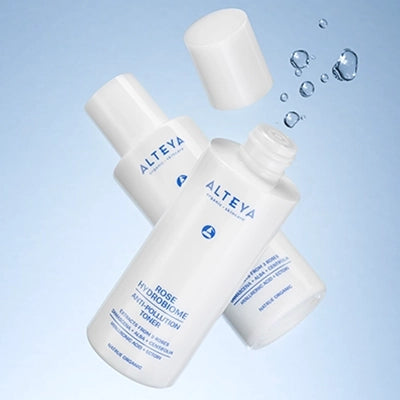
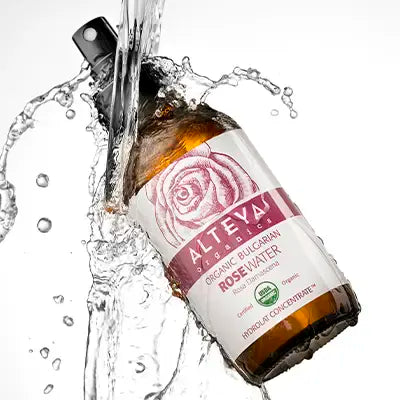

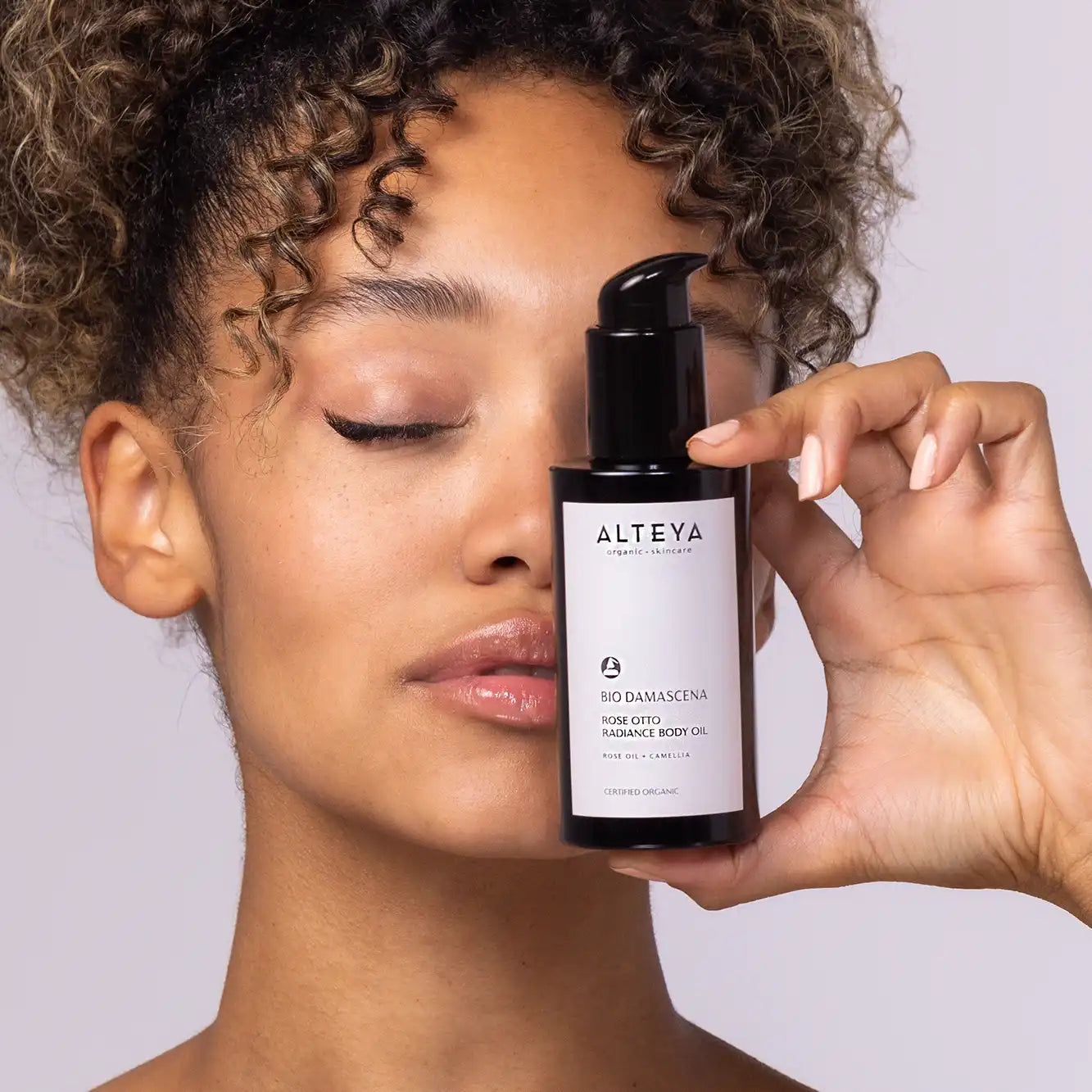
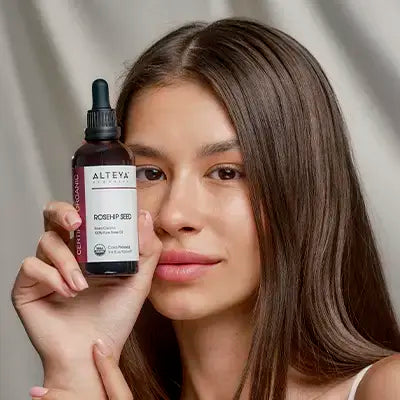
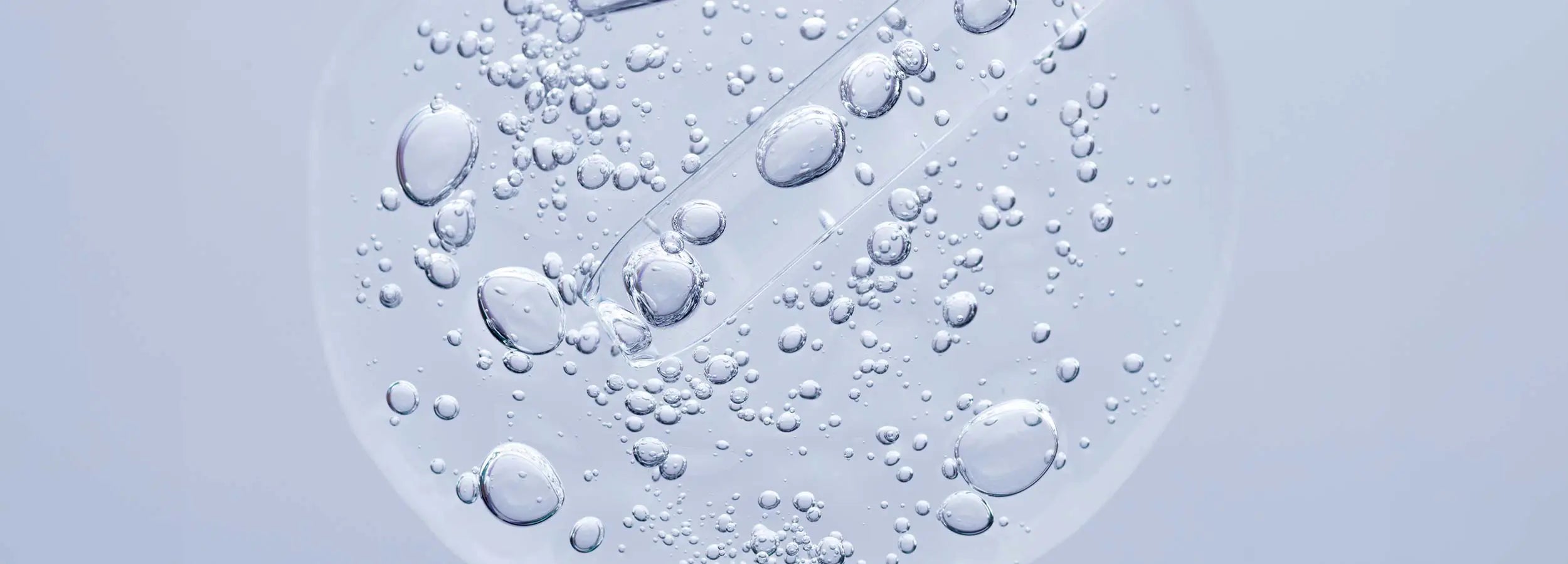
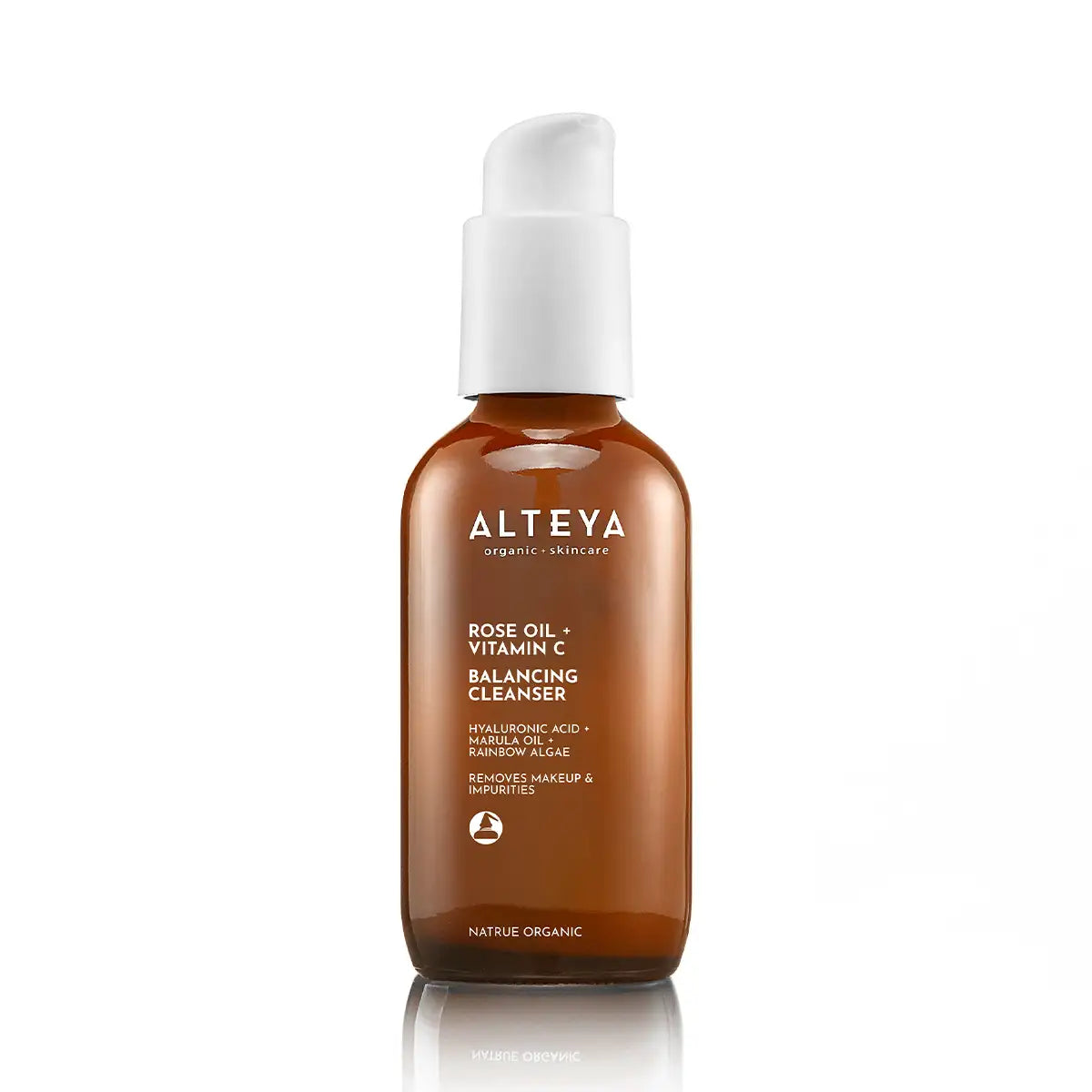
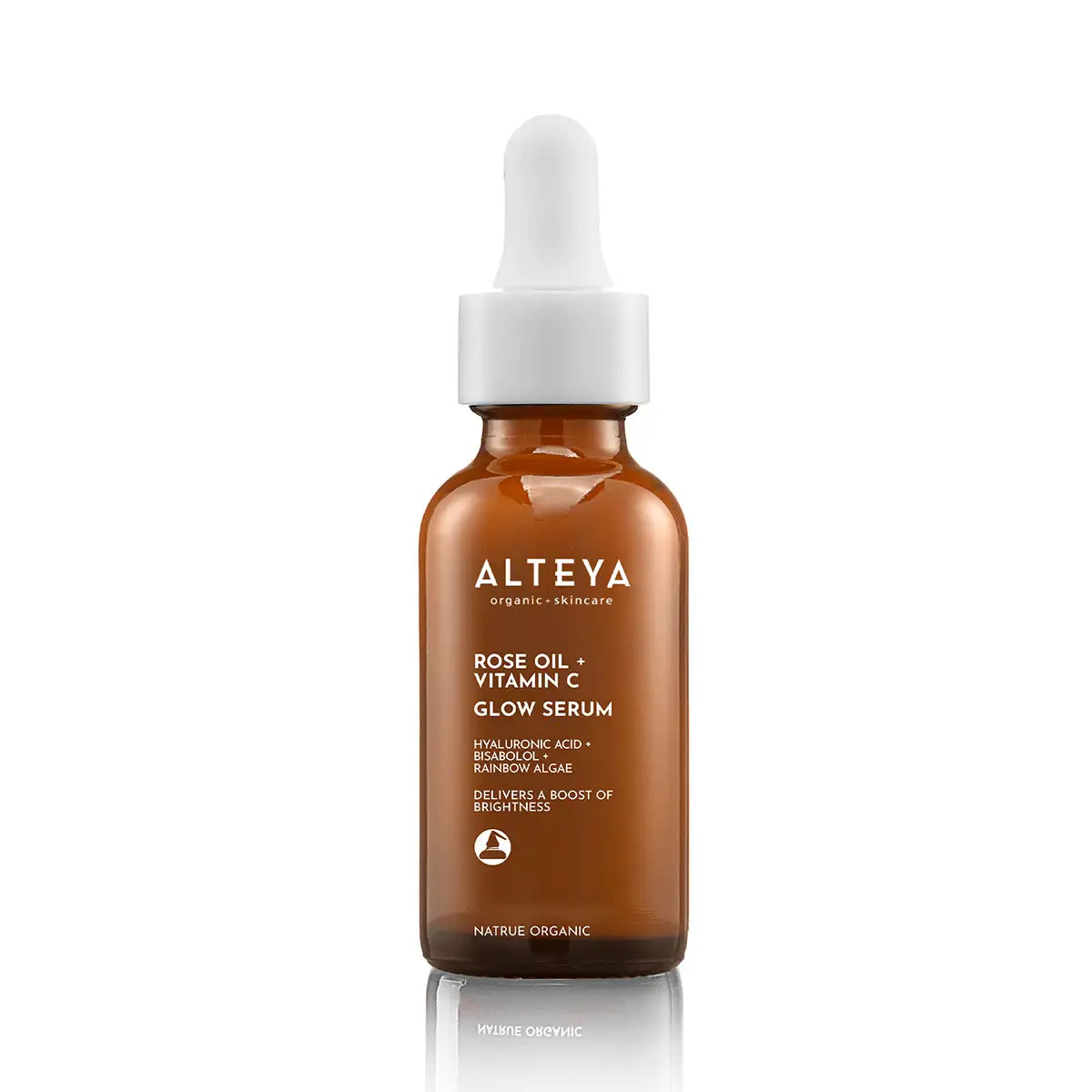
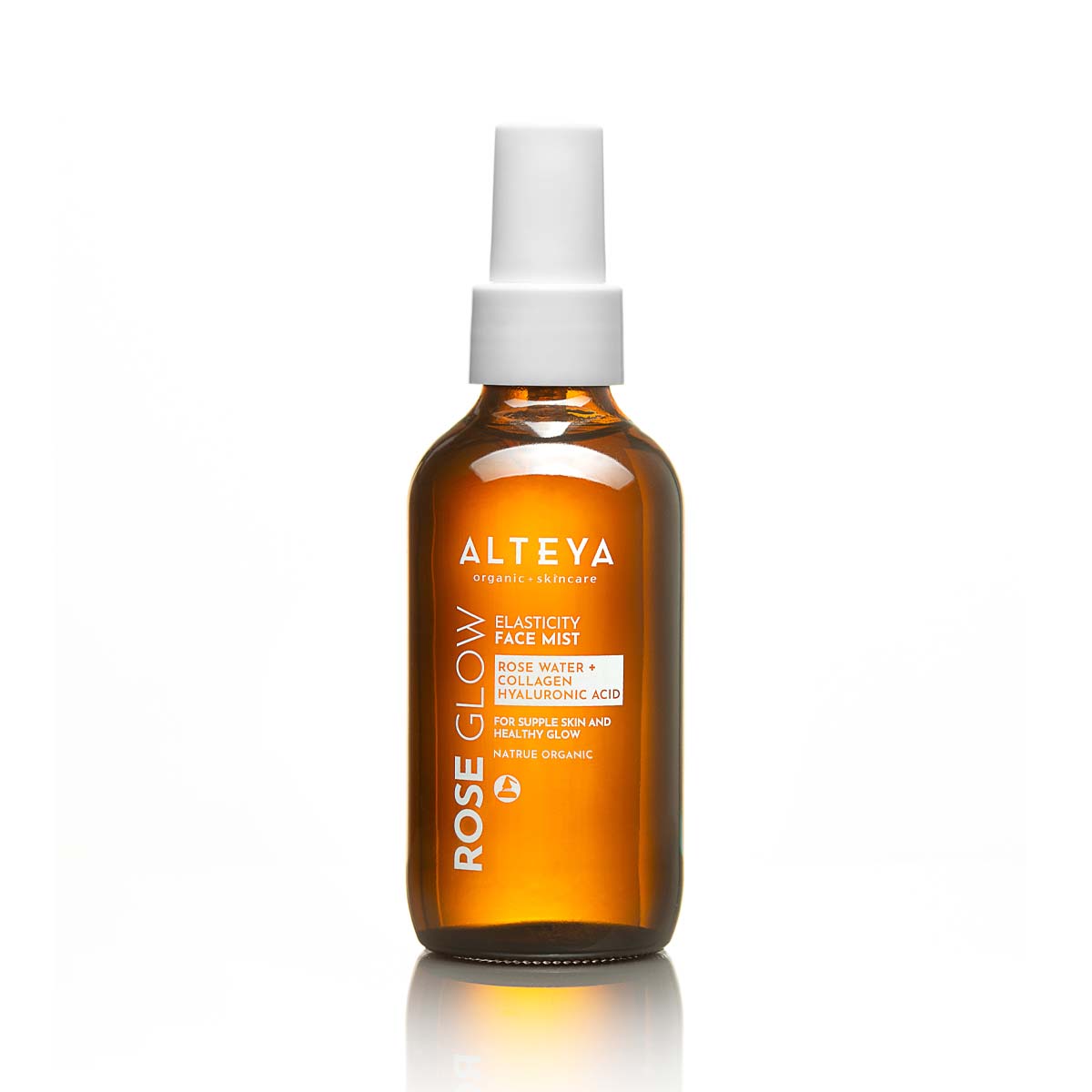
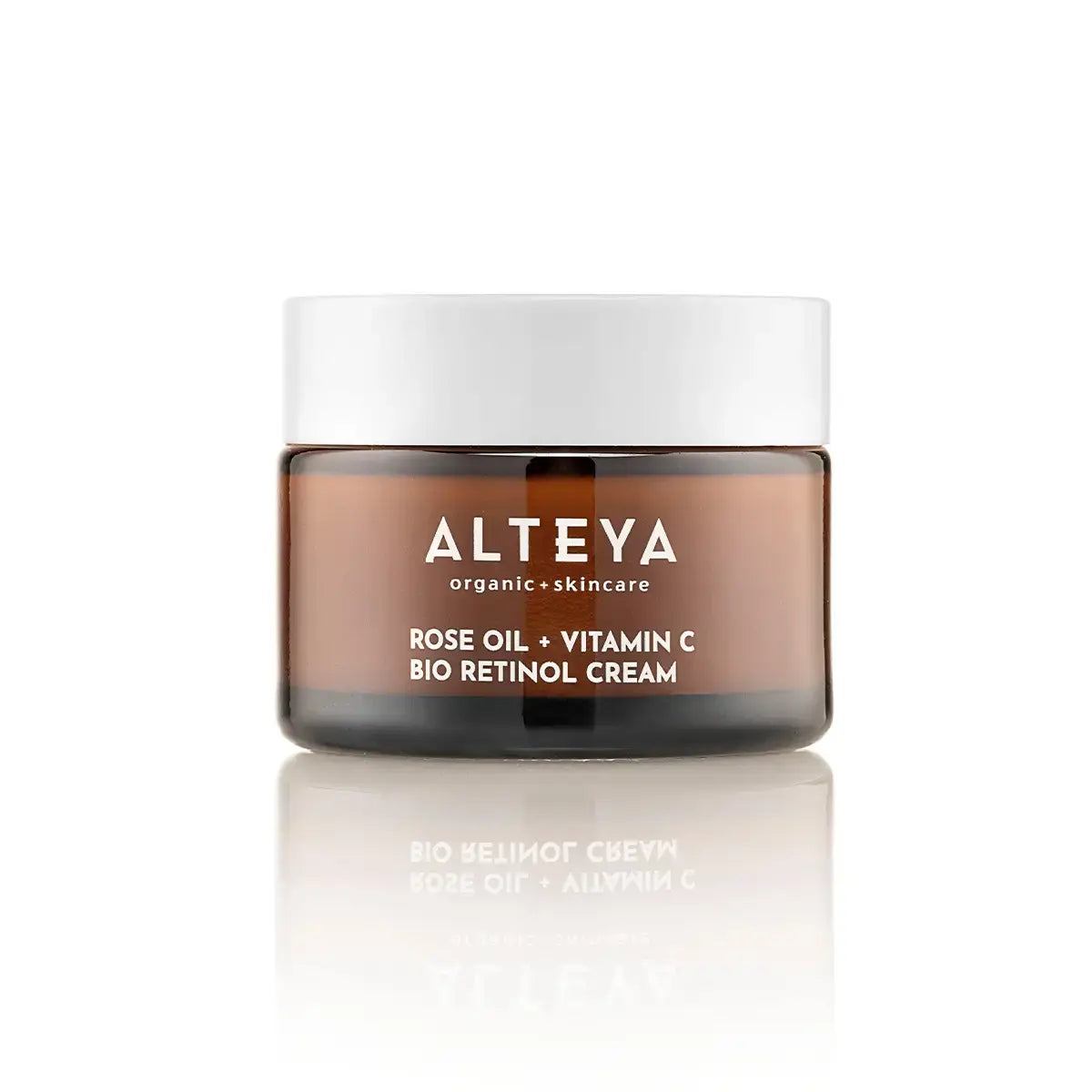
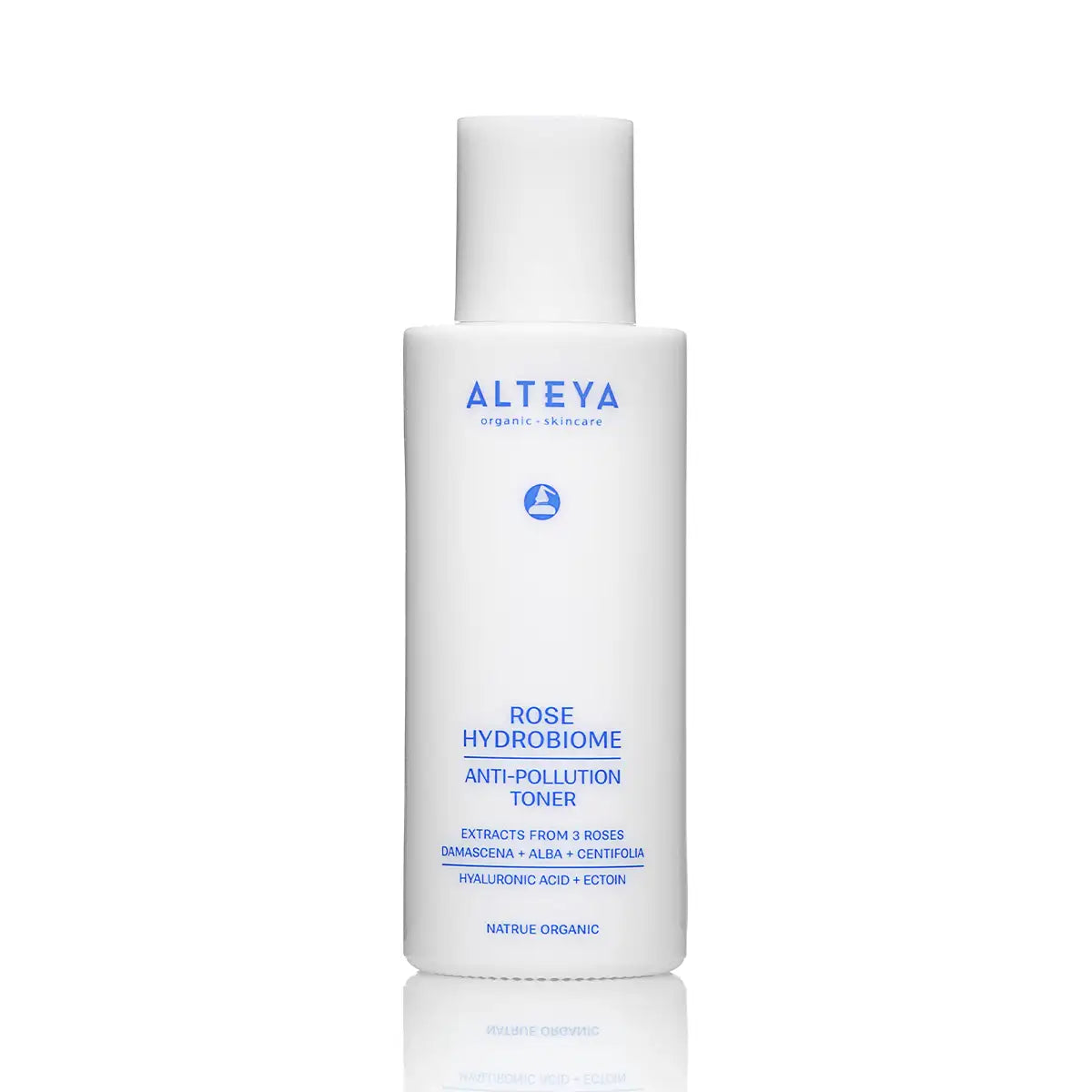
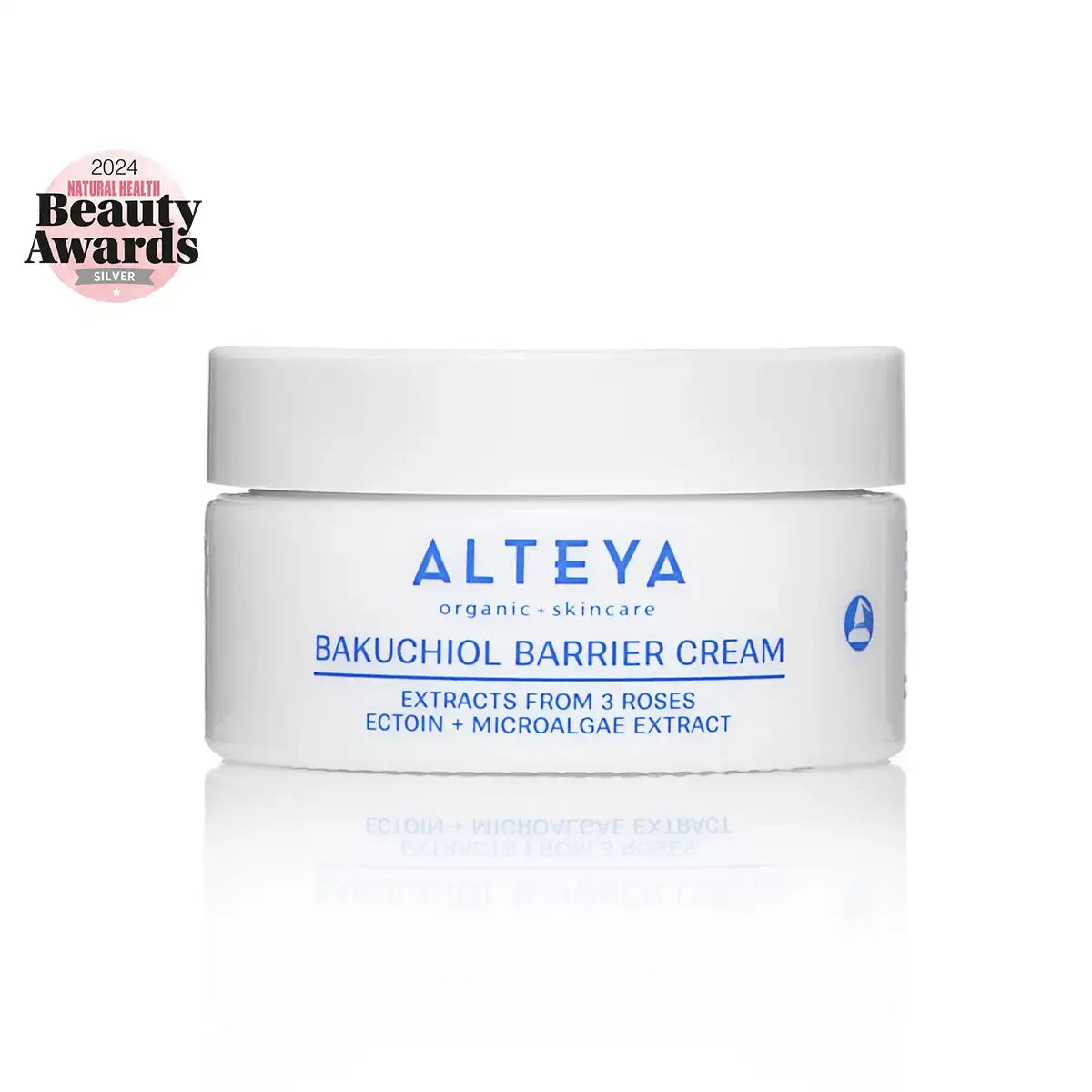
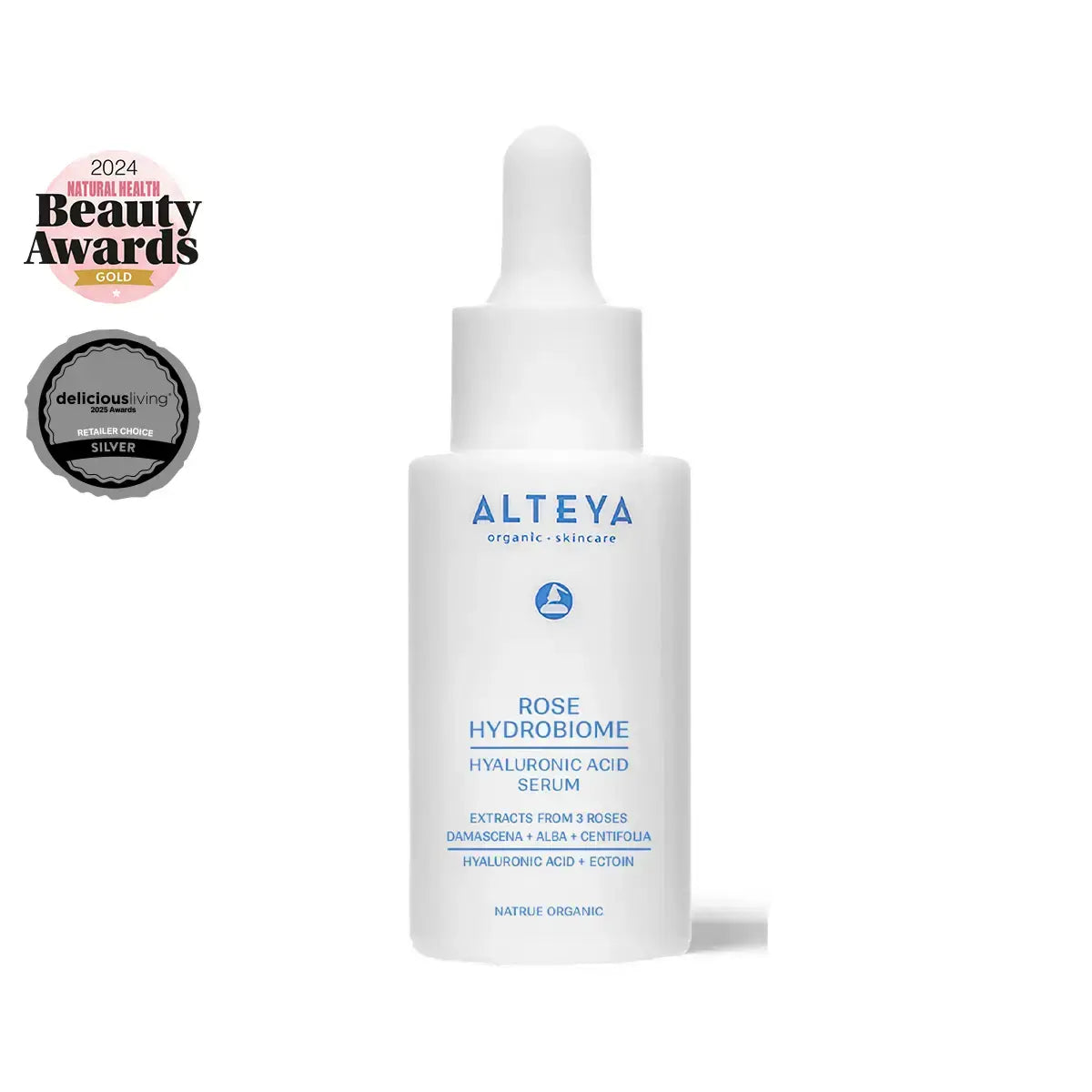
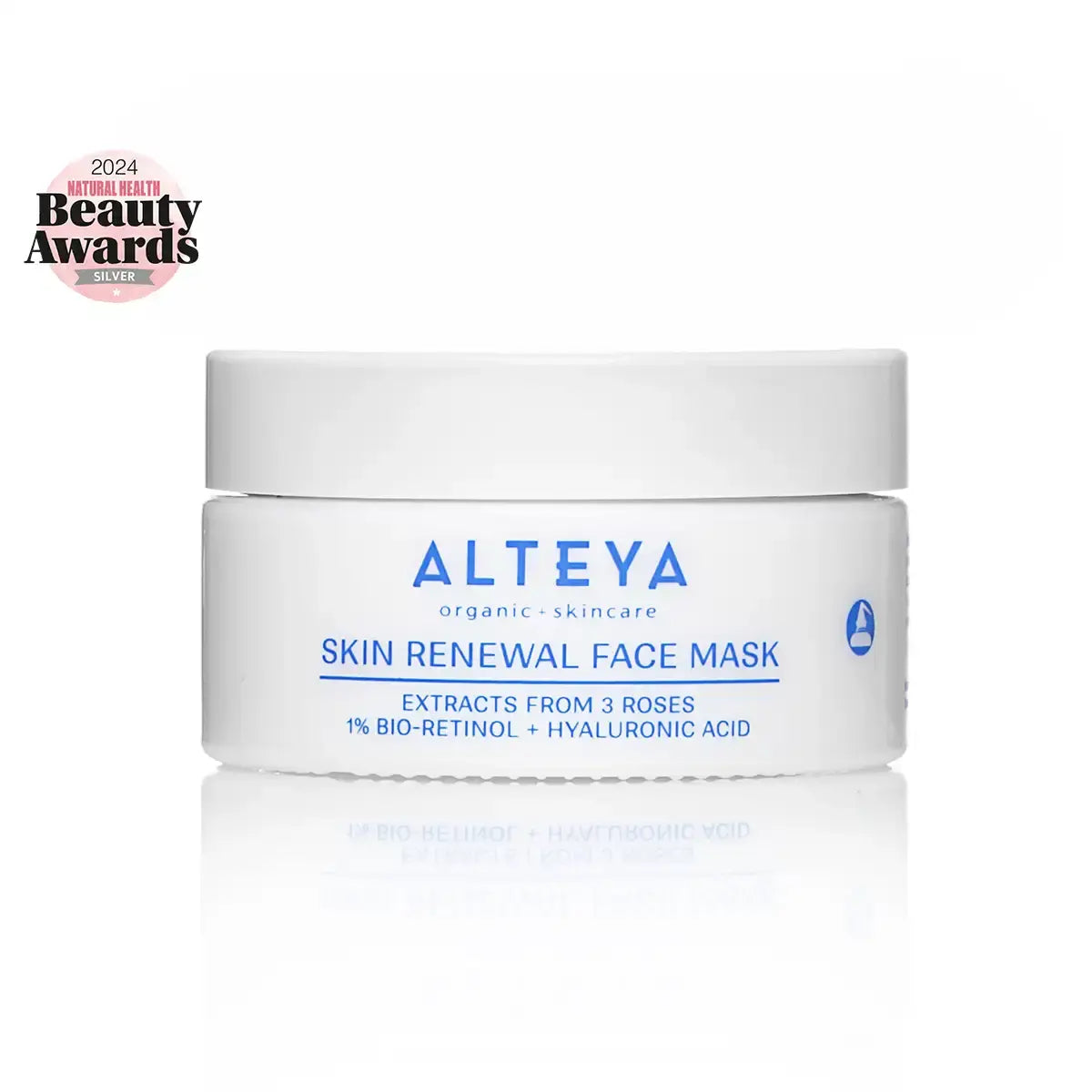


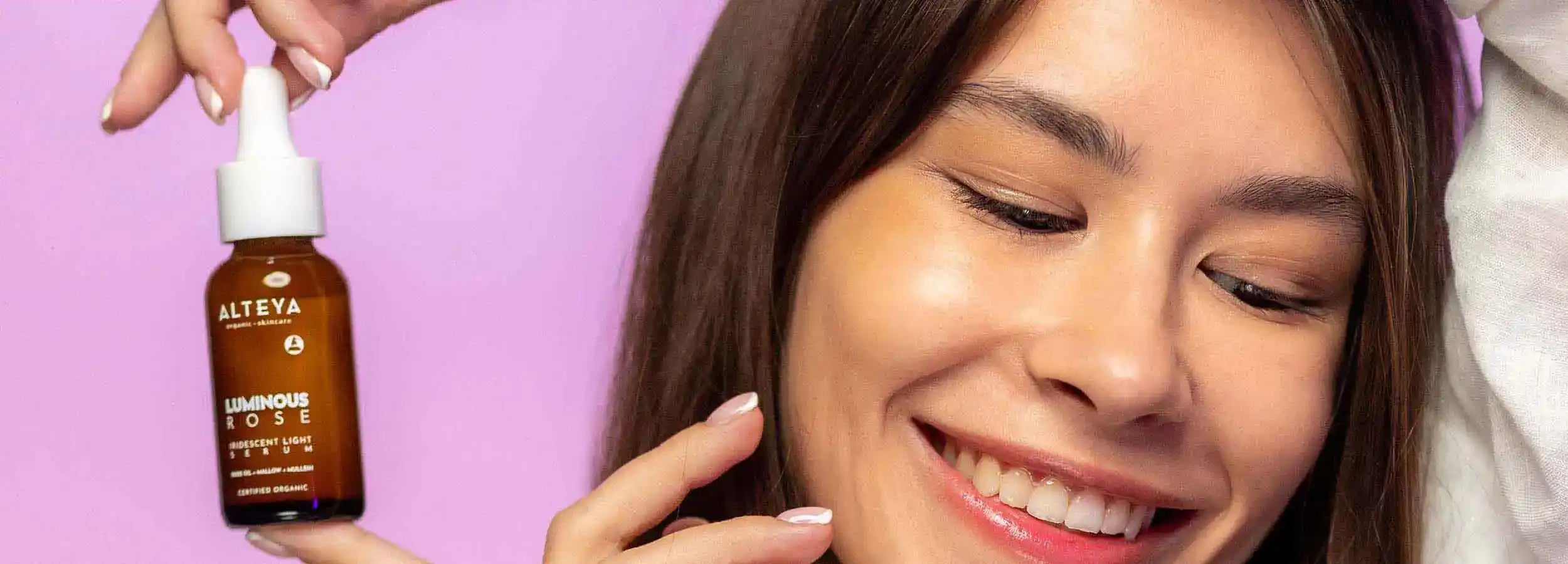
Leave a comment
This site is protected by hCaptcha and the hCaptcha Privacy Policy and Terms of Service apply.